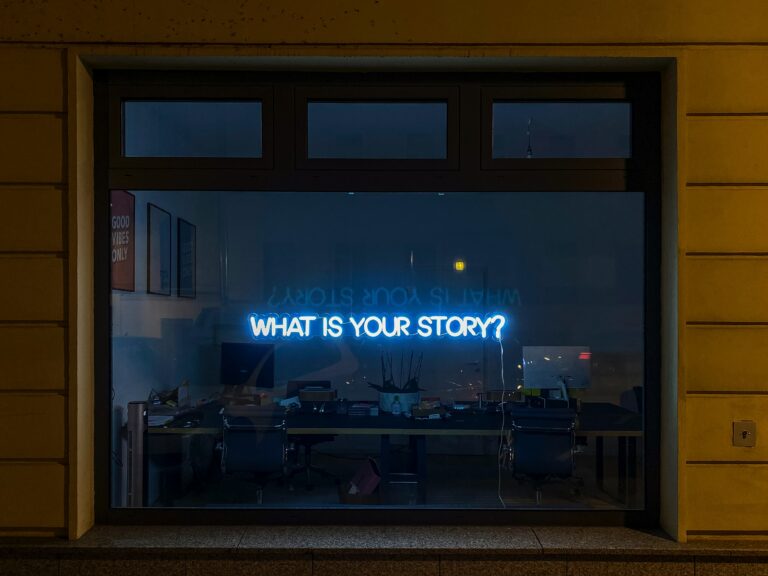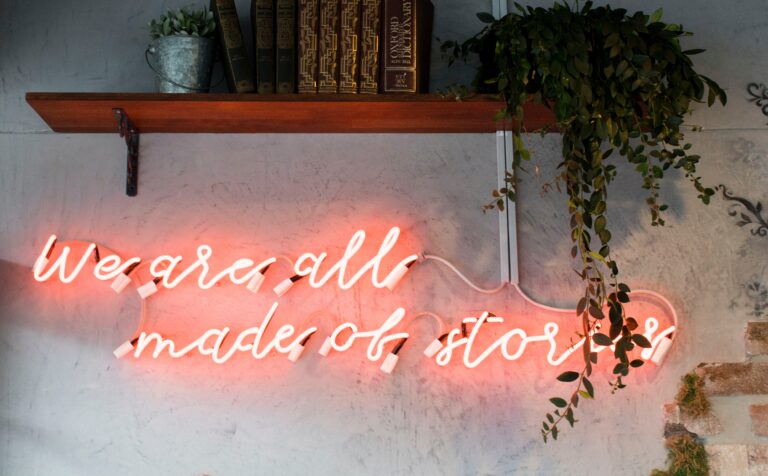Reflecting on what it means to be disadvantaged in the literary field

The transcript is available in a PDF format.
“That’s the problem with having the feelings of the minority writer. You have the inconvenient truth of suffering in your life.” – Alice
Alice discusses the production, promotion, and reception of literature, and opens with some personal stories. She articulates the problematic commodification of racialised people to perform their trauma, writing their pain into a publication that does not guarantee catharsis, healing, or even being truly heard. It is strangely uplifting to hear Alice quote Cathy Park Hong several times, as I have found a lot of validation in her 2020 book Minor Feelings.
Alice goes on to speak about the privilege that obscures the labour and exposure required from a person to submit an application that restricts eligibility to people who face marginalising forces. People are not their identities, and accessing a targeted program will not and can not undo the violence and harm they have likely already survived and will continue to navigate. A fellowship with eligibility criteria focused on lived experiences of vulnerabilities and societal marginalisations seems to be understood as distinctly different to any other fellowship with criteria. That specialist program could never hope to redress the pain of donning masks, placating the people around us, or maintaining self-censorship to reduce the targets on their backs. It won’t undo the gates that have been shut in some people’s faces despite those gates being invisible and open to you.
Drawing attention to those who intend to be or describe themselves as the “voice for the voiceless”, Alice challenges the right to be that voice and the act of taking experiences that aren’t yours to form the content of your work.
While everyone should see themselves in art and on the page, are you making caricatures of people instead of creating stories that propagate the lies which pretend there are unacceptable people who are too uncomfortable to see?

They imply selfishness and gate-keeping when there is resistance to the appropriation of our lives, serving someone else’s benefit while entrenching the disadvantage and hostility we face. It is frequently pointed out to me that some people don’t mind, knowing they have made clear their irritation at me. The inference that I should be similarly amenable, focusing on their perspective and their frustrated desire to talk about our lives, for us, and construct us as their fictive dolls. My breath becomes slow and shallow when someone airs their frustrations at how unfair it is they can’t apply for all those special programs. I monitor my posture and what it may convey when they rail against the injustice they believe is occurring. They are denied the free rides they think such programs give us and it seems they don’t realise how completely they imply recipients (including myself) win these opportunities without labour, merit, or skill.
I don’t ask that people feel the paralysing layers of interrogation I subject myself to about what I can, cannot, could, couldn’t, should, shouldn’t put into my art. I don’t know if I am right to be as cautious as I am about how I show up in my writing and how I create characters and worlds from sources outside of myself. I don’t even ask that people stop having these discussions because I am unsure that change can occur without the labour of sharing, discomfort in learning, and opportunities to question.
Right now, I am exhausted. My shoulders sag beneath the weight of the good intentions, the niceness, and the hurt feelings of people who seek permission for the things they already intend to do because they are sure they have the right to do so. The label of diverse seems to be easily and frequently affixed to me from so many directions, casually essentialising who I am. With each label that I haven’t chosen for myself, I feel like I am served up on a menu to be ordered on a platter of a simplification and consumed through a stereotyping lens.
I am diverse to the mythic norm. I am Other. Stories have told us so and the power of stories is mighty.